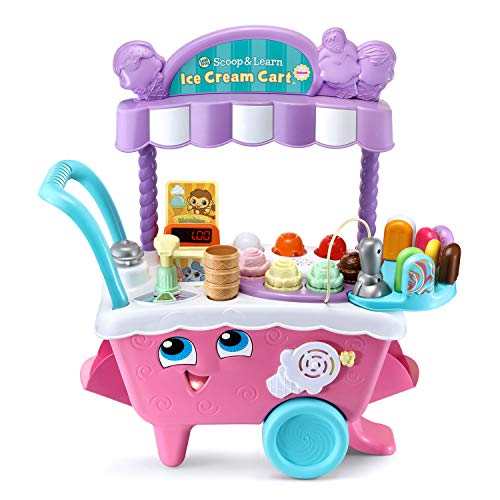Whether you are looking to start an ice cream cart business for the first time or you have been in the business for years, there are a few things you should keep in mind before making the decision to purchase one. These include insurance coverage, Street trading regulations, and per-manufactured ice cream vs. soft serve ice cream.
Custom ice cream carts
Whether you’re just looking to make a few extra bucks or are in the process of launching a full-scale ice cream business, custom ice cream carts can make a great addition to your business. You can choose from a variety of designs and models to best fit your needs.
A mobile ice cream cart business can be a great way to make some extra cash, but you should first check with your local city hall to make sure that you have the proper licenses. You’ll also need to ensure that you are following health code regulations. You can also check with your local county or city hall to make sure that the area where you plan on locating your ice cream cart is suitable for food vending.
Ice cream carts are a popular way to sell ice cream, and they are easy to operate. They are also portable, so you can take them to parties or outdoor events.
Pre-manufactured ice cream vs soft serve ice cream
Whether you are looking to start an ice cream cart business or are already in business, there are several different types of ice cream that you can offer your customers. One of these options is soft serve ice cream.
Soft serve is a type of ice cream that is made using a special machine. The machine freezes the mixture quickly. The air that is added while freezing the mix also helps to give it a smoother texture.
Soft serve is commonly found at restaurants and amusement parks. It can also be sold in some traditional ice cream trucks. In the United States, the industry has generated around $5 billion.
If you want to open an ice cream cart business, you must first decide on the type of ice cream you will sell. You can offer both soft serve and hard ice cream. It is easier to manage your inventory with per-packaged ice cream. However, you will have to meet the health department’s requirements if you are going to sell soft serve.
Street trading regulations
Depending on your local authority, you may be required to get a street trading licence before you can start trading. Typically, you’ll be required to pay a fee in order to get a licence. The fee will cover the cost of the licensing process. You can also pay by the month in installments.
Street trading is defined as selling in a public area. This could include items like clothes, food, or even vehicles. You might even be required to have a licence if you are selling egg or dairy products.
The best way to figure out whether you need a street trading licence is to contact your local council. They will tell you how you can get one and how to display your license.
Street trading is an activity that is closely monitored by local authorities. They will have a range of requirements and restrictions on how you can sell your goods. This includes whether you need a licence, how to apply for one, and whether you need to pay a fee.
Insurance coverage
Having the right insurance coverage for your ice cream cart business can be key to keeping your business safe and thriving. The right insurance policy can protect you from the many different risks that are associated with running a ice cream cart business.
One of the most important types of insurance coverage for an ice cream cart business is physical damage insurance. This type of insurance covers the costs of repairing or replacing equipment and business property.
Another type of insurance that an ice cream cart business needs is a business interruption insurance policy. This policy can help keep your business afloat if your business suffers due to a loss of business property or income.
Having a general liability policy for your business is another way to protect yourself from third party liability claims. This type of insurance covers your business from claims made by customers who sustain injuries on your property. The policy can also protect you from legal expenses if you are sued.
